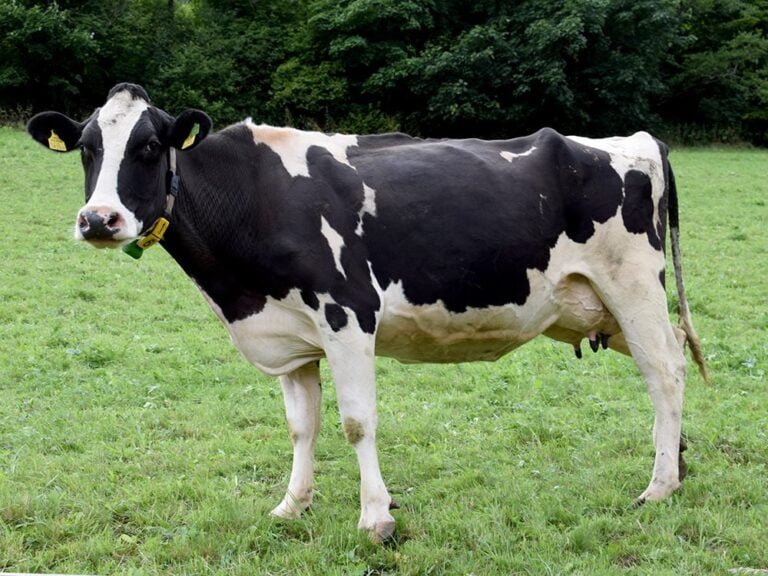faire en sorte que
“Faire en sorte que” is a versatile French expression that often challenges language learners because it doesn’t have a direct word-for-word translation in English.
Literal Translation
The expression breaks down as:
- “Faire” = to make/to do
- “en sorte” = in such a way/in such a manner
- “que” = that
So literally, it means “to make in such a way that” or “to do in such a manner that.”
Figurative Translations
In practical usage, “faire en sorte que” is better understood as:
- To make sure that
- To ensure that
- To see to it that
- To arrange things so that
- To take steps to
This expression is used when someone takes action to achieve a specific outcome or result.
Usage Examples in Different Tenses
- Present tense (Présent): “Je fais en sorte que tout soit prêt pour demain.” (I’m making sure everything is ready for tomorrow.)
- Simple past (Passé composé): “Il a fait en sorte que personne ne soit au courant.” (He made sure that nobody knew about it.)
- Imperfect (Imparfait): “Nous faisions en sorte que les réunions se terminent à l’heure.” (We would ensure that meetings ended on time.)
- Future (Futur simple): “Ils feront en sorte que tu te sentes bienvenu.” (They will make sure that you feel welcome.)
- Conditional (Conditionnel): “Il ferait en sorte que tout le monde soit satisfait si il était responsable.” (He would ensure that everyone was satisfied if he were in charge.)
- Imperative (Impératif): “Fais en sorte que tout soit rangé avant leur arrivée !” (Make sure everything is tidied up before they arrive!)
- Present subjunctive (Subjonctif présent) with another verb: “Il est important que vous fassiez en sorte que le projet soit terminé dans les délais.” (It’s important that you ensure the project is completed on time.)
- Pluperfect (Plus-que-parfait): “Ils avaient fait en sorte que tous les documents soient signés avant la date limite.” (They had made sure that all documents were signed before the deadline.)
Important Notes
- “Faire en sorte que” is always followed by the subjunctive mood, as it expresses desire, necessity, or goal.
- This expression is commonly used in both formal and informal contexts, making it a valuable phrase to master for French language learners.
- It’s more elegant and precise than simply saying “essayer de” (to try to), as it implies taking concrete actions to achieve a specific result rather than just attempting something.






